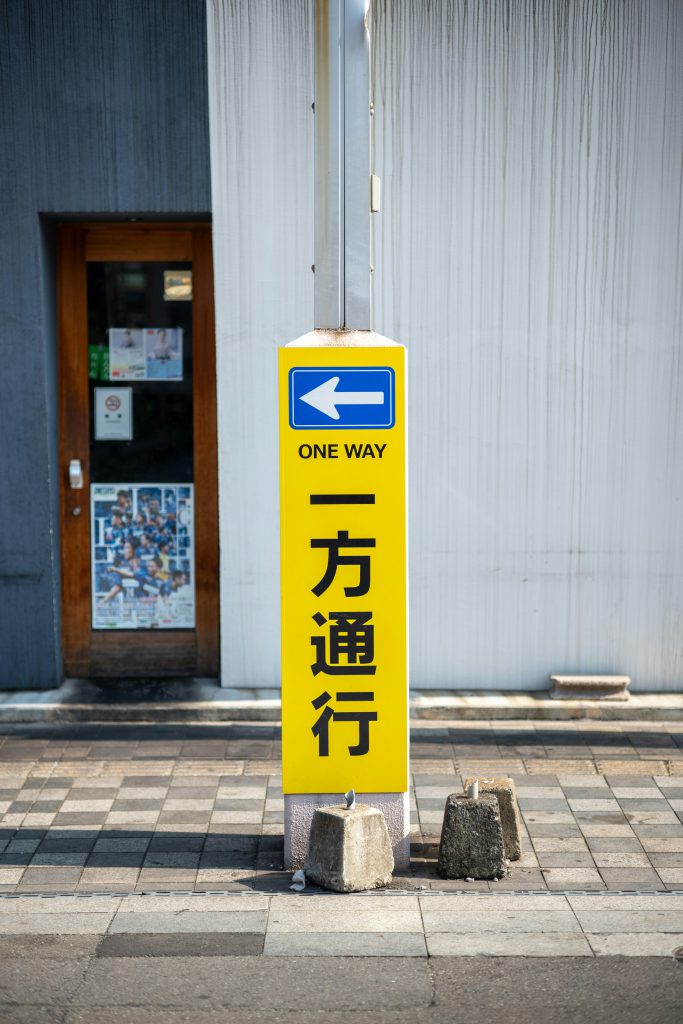AKISHA (空き社) “empty companies” alludes to Japan’s well-known problem of “akiya” (空き家) or “empty houses”. Across Japan, these abandoned homes are a common sight in rural and suburban areas. However, nowadays they are increasingly appearing in cities. And regretfully the same goes for Empty Companies as well.
Why is this happening? Japan’s rapidly aging population combined with historically low birth rate figures, ongoing rural-to-urban migration for work by younger people, and annual fixed property taxes are the main key drivers.
By 2030, it is estimated that more than 1.22 million Japanese Small and Medium Enterprises (SMEs) face closure due to a lack of successors, as their present owners are 75 years or older.
However, 55% of these enterprises are actually profitable at the time of closing shop, directly impacting +6.5 million jobs. The total Gross Domestic Product (GDP) loss for Japan is estimated at a whopping 22 trillion Yen.

The infamous akiya phenomena has led to various creative one-off business-to-consumer solutions, often initiated by foreigners living and working in Japan. AKISHA KK though decided to take a complete different approach to the social and commercial crisis of Empty Companies, pivoting on the shopfloor (現地・現場) and it’s manufacturing (現物) skills.
We decided to focus on sustainable, continuous business revitalisation. Through majority acquisitions, we support elderly owners who are worried about continuity (伴走型), employee welfare, and future growth. Additionally, our shared and modern back-office structure increases internal efficiency. Our international team actively facilitates overseas expansion, tail-winded by the current Yen exchange rate.
By joining forces with these businesses, we aim to reclaim the globally renowned ‘Made in Japan’ quality of manufacturing. Impeccable quality and customer satisfaction is deeply rooted in Japan’s proud tradition of “monozukuri.” At AKISHA, we aid them in regaining momentum after the “Lost Three Decades” and embrace an ambitious path towards sustainable global business success.
From Gratitude to Action: The Story Behind AKISHA’s ONGAESHI Purpose
Japan is facing a silent yet urgent crisis. Highly skilled but often older craftsmen, world-class manufacturing SMEs, and time-honoured production techniques are disappearing, and not because demand has vanished. Rather, this loss stems from aging leadership and a shortage of successors.
At AKISHA, we believe this is not only Japan’s loss, it’s the world’s.

From Vision to Value
From his perspective as a former EU diplomat who worked in Japan for almost a decade, as well as in other Asia-Pacific countries, Rudie Filon saw Japan’s succession crisis as more than just an economic threat. He recognised it as a deeply human and cultural issue too. With AKISHA, he applies his experience supporting business between EU companies and the Asia-Pacific region to help future-proof Japan’s finest SMEs, all while preserving their essence.
My Journey: From EU Diplomat to AKISHA KK Co-founder
“For over a decade in total, Japan was more than a professional destination, it became my second home. As an EU diplomat, I worked on programmes to help European businesses enter the Japanese market, navigating its unique business culture and complex language.
Because Japan was so welcoming to me and my family, I felt deeply connected. So, after retiring from EU service, and as co-founder of AKISHA KK, I’m combining my diplomatic background with a clear mission: ensuring the continuity of Japan’s manufacturing SMEs by linking them with new business opportunities in Europe. My network across the EU enables me to do exactly that, for the benefit of both regions.”
— Rudie Filon, Co-founder & Chief Executive Officer

